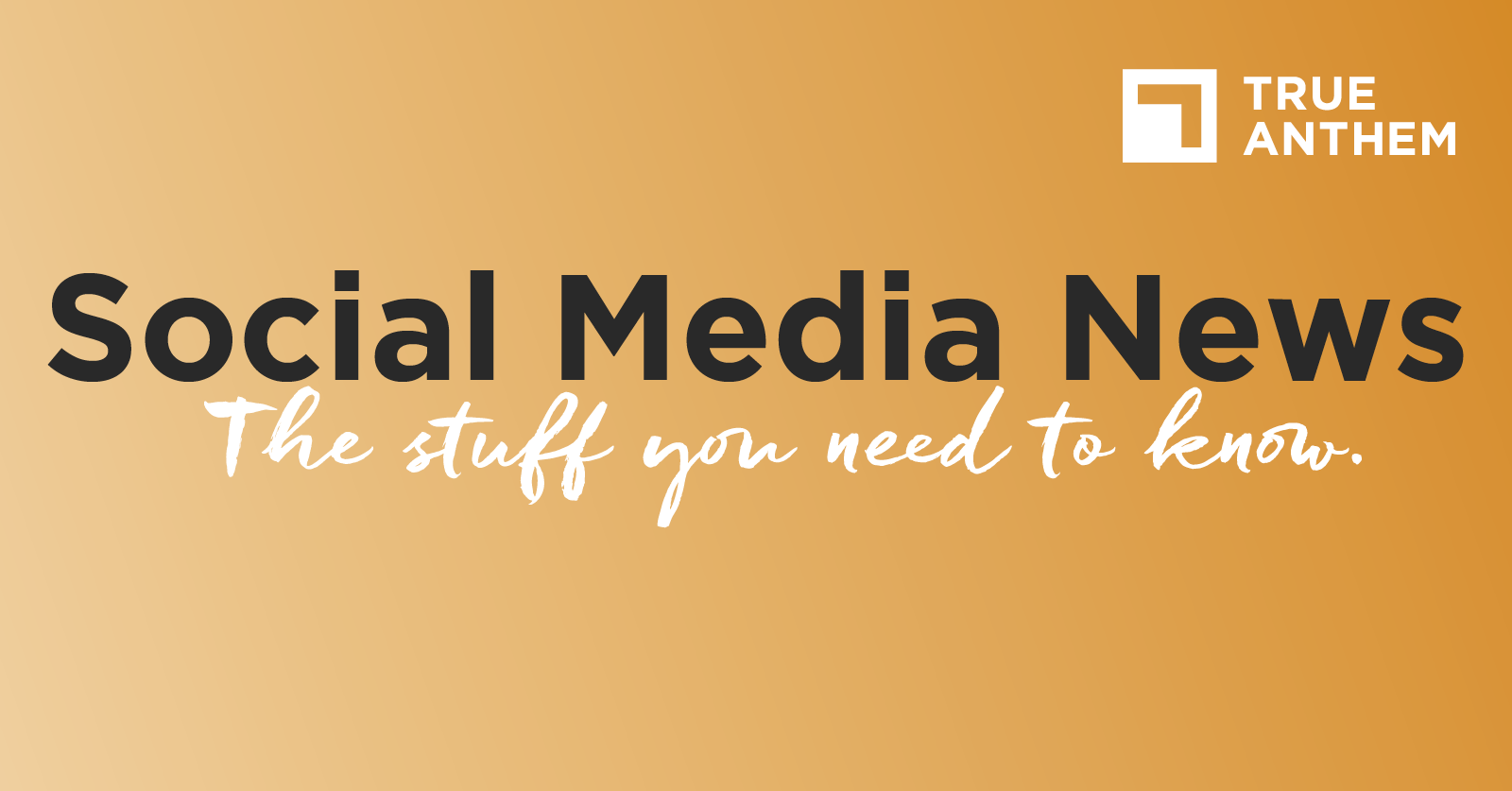Interesting week full of lawsuits, safety controls, and more. TikTok is being sued again, this time by a dozen U.S. states and Washington, D.C.. Instagram is making sharing your handle a little bit more interesting, and teenagers are still holding strong on the same two social media apps. Let’s take a look at what’s going on this week in social media.
1. Threads adds an “active” indicator to boost engagement
Simple, but could be effective. The new green dot status indicator will allow people to see when you’re online, which will hopefully prompt more engagement.
From Threads:
When you’re active here, people will now see a green dot alongside your profile picture. If you have a private profile, only your followers will see your activity status.
2. Instagram rolls out new profile cards
Let’s face it: Telling someone your Instagram handle is lame. The profile cards may seem a little extra, but are kind of cool.
Now, from Meta:
Instead of sharing your Instagram handle, you can send friends a profile card with your picture, bio, and more. The two-sided “card” displays a QR code with your Instagram handle, along with other information visible on your profile, including your picture and bio.
3. Most popular social apps for teens hold strong
This isn’t a surprise, but TikTok and Instagram are still where teens hang out. Snapchat is #3, but seems to be losing some ground.
Based on an annual survey of more than 13,000 U.S. teens, Piper Sandler found that Netflix ranks slightly higher than YouTube in daily video consumption, while TikTok beat out IG as the most liked social app.
There’s a lot more interesting date to this over at SMT.
4. Meta’s new Brand Safety controls are here
This could be interesting. Meta is allowing brands to turn off comments on their ads, as well as some more control over their ad placement.
From Meta:
Today, we’re announcing that we’re testing a new control that allows businesses to turn off the comments on their Facebook and Instagram ads. We understand this functionality can be important for brands when running sensitive campaigns or during periods of heightened sensitivity. Comment controls are currently available to a limited number of businesses, and we will continue to test and iterate on this functionality and its availability.
5. U.S. states are suing TikTok, alleging mental health damage to teens
A dozen states and the District of Columbia have banded together to sue TikTok for a new reason: Mental health.
In its filings, the District of Columbia called the algorithm “dopamine-inducing”, and said it was created to be intentionally addictive so the company could trap many young users into excessive use and keep them on its app for hours on end. TikTok does this despite knowing that these behaviors will lead to “profound psychological and physiological harms”, such as anxiety, depression, body dysmorphia and other long-lasting problems, the complaint said.
“TikTok’s design choices exploit the neurotransmitter dopamine, which helps humans feel pleasure as part of the brain’s reward system to encourage reinforcement,” the state’s filing in the superior court of California read. “Dopamine ‘rewards’ can lead to addictive behavior, particularly when rewards are unpredictable.”

